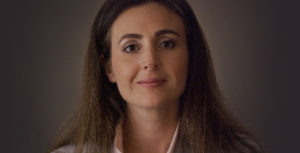Project Overview
Bay2Tray addresses the ocean’s health through sustainable seafood networks, youth education, and economic empowerment for a community’s fishing industry. An alarming 90 percent of the seafood consumed in the United States is imported, and often farmed in ways that destroy critical habitat. At the same time, food waste is rampant in the seafood world—an estimated 30 to 40 percent is discarded in a long, opaque supply chain—as growing numbers of children lack access to fresh foods. How can we support local fisheries in the U.S., solve a public health crisis, and cultivate a stronger culture of stewardship for the ocean’s health? Alan Lovewell, who founded Real Good Fish, a community supported fishery in Monterey Bay, believes that seafood is the key to forging stronger connections to the ocean while making real-world social and economic impacts. He sought to reach beyond the affluent customers who purchased his group’s locally-caught seafood to schoolchildren whose eyes and appetites could be opened to the ocean’s wonders. Bay2Tray partnered with school districts to turn grenadier—a fish typically discarded as bycatch—into fish tacos for school lunches, while inviting fishermen to inspire children with tales from the sea. Currently working with several school districts—equating to approximately 12,000 pounds of local fish served to California kids—the project cultivates a rare win-win opportunity where people and the planet benefit from a stronger sense of engagement with the natural world.
Five Questions
Learn more about this project
Meet our other 2015 awardees
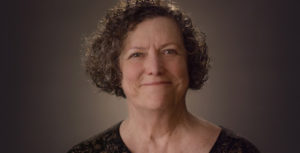
New York
A model for activating human capital in rural places, this “living museum of contemporary rural life” has helped inventive rural residents ignite a fresh sense of cultural and economic opportunity.
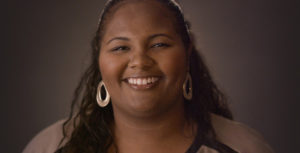
ScholarCHIPS for Children of Incarcerated Parents
Washington, D.C.
To break the cycle of intergenerational incarceration, ScholarCHIPS supports college students in the Washington, D.C. area who are among the millions of children in America with incarcerated parents.
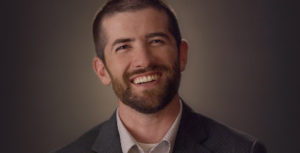
Washington State
Through a unique blend of peer mentoring, community farming, and “dirt therapy,” Growing Veterans uses sustainable agriculture as a catalyst for ending veteran isolation.
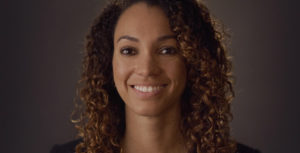
California
This peer-support program’s “healing to advocacy” agenda empowers women with incarcerated loved ones to push for social and policy reform, while boosting their economic resilience.
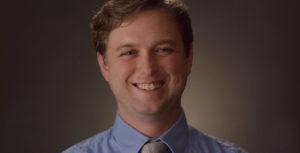
West Virginia
Tackling the economic, cultural, and environmental distress of West Virginia’s collapsing coal economy, Reclaim Appalachia creates new economic opportunities rooted in a vibrant spirit of place.
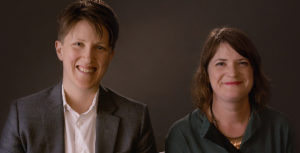
New York and North Carolina
To advance worker well-being, Coworker.org harnesses online tools to advocate for freelancers, independent contractors, and others in today’s gig-based workforce.
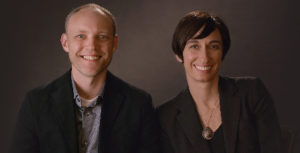
Elizabeth Monoian &Robert Ferry
Washington State
A series of large-scale public art installations seeks to transform unloved clean-energy infrastructure into wildly inspiring cultural and economic assets.
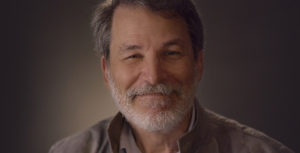
New York
A global network of tech-enabled partners uses advanced production tools to deliver life-changing prosthetic hands and arms to those who need them most.

 Learn More
Learn More